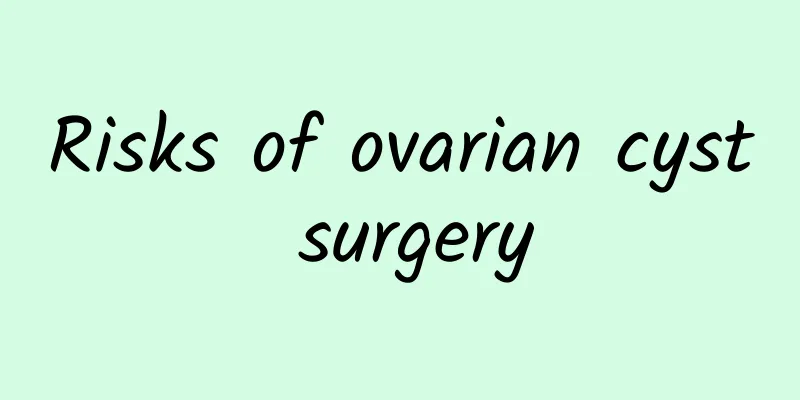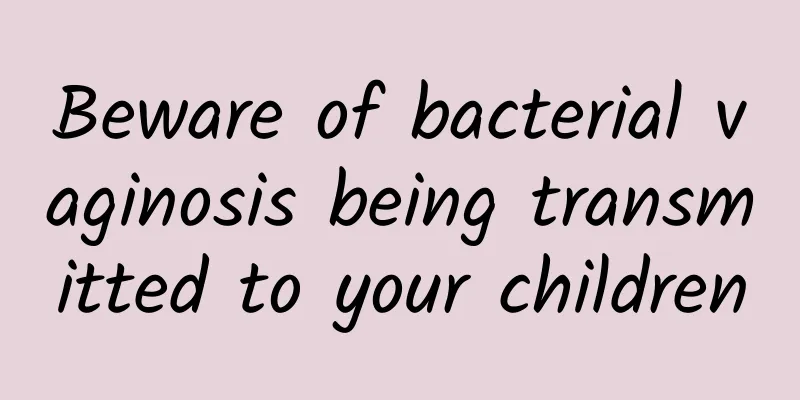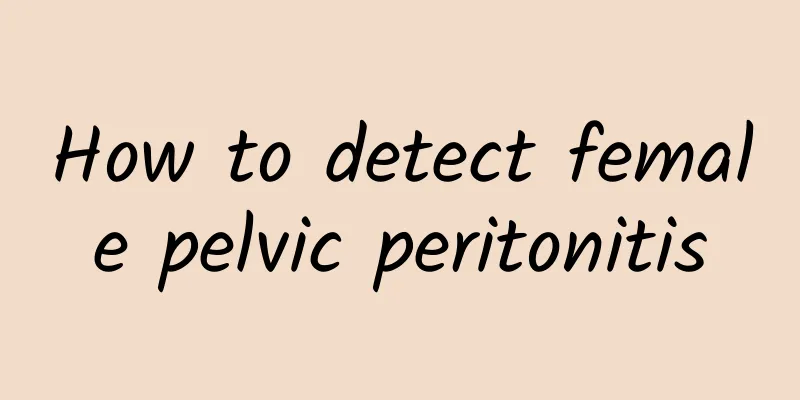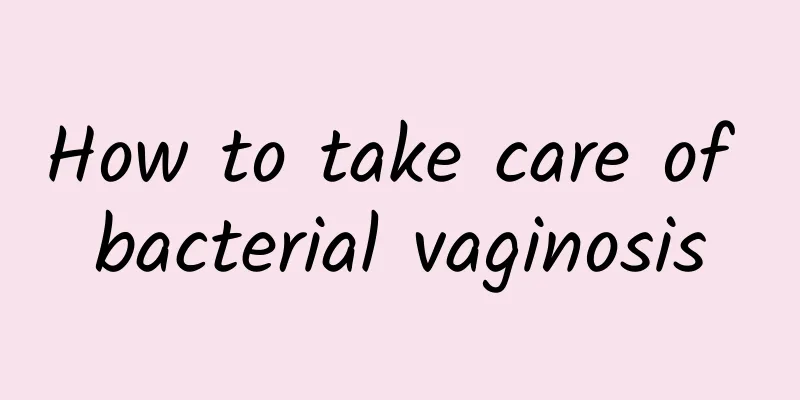Risks of ovarian cyst surgery

|
Risks of ovarian cyst surgery: If ovarian cysts are not treated for a long time, they will seriously endanger women's health. In order to get rid of the disease as soon as possible, many patients will choose surgical treatment. Although surgical treatment is effective, if it is used improperly, its harm is relatively large. Common hazards after ovarian cyst surgery can cause infection, delayed menstruation, affect the normal function of the ovaries and fallopian tubes, and even induce various gynecological diseases. 1. Cause infection Most surgeries for treating ovarian cysts are cystectomies. Bleeding and wounds are inevitable during surgery. If the amount of bleeding during trauma is not well controlled, the wound is prone to postoperative infection. Postoperative infection may be one of the sequelae of ovarian cysts. Patients who undergo ovarian cystectomy must pay attention to anti-inflammatory treatment to avoid infection. 2. Delayed menstruation Because ovarian cysts will be removed during surgery, ovulation may be delayed after the operation, thereby disrupting the original ovulation cycle and directly affecting the arrival of menstruation, so it is likely to affect women's mood changes. 3. Affect the normal function of the ovaries and fallopian tubes In the process of removing ovarian cysts, in addition to removing the lesion, it may also be necessary to peel off the fallopian tubes attached to the ovaries to prevent the attached fallopian tubes from failing to ovulate normally. During the operation, sequelae of abnormal ovarian and fallopian tube fimbria function may occur. 4. Inducing gynecological diseases If the postoperative sequelae are serious, it may cause the female immune system to collapse and easily induce gynecological diseases, which may be various gynecological diseases, vaginal diseases, or cervical diseases. Because the immunity will decrease after surgery, a physical examination must be performed before the operation. Timely surgery when there are no other abnormalities in the body can reduce complications and sequelae. |
<<: Androgens can be used to treat uterine fibroids
>>: What are the early symptoms of ovarian cysts and how to treat them effectively
Recommend
Why do I get uterine fibroids? How to treat uterine fibroids
Uterine fibroids are the most common tumors of th...
What are the causes of irregular menstruation? Can obesity also cause irregular menstruation?
The incidence of irregular menstruation is very h...
Sweet potato leaves are very effective in protecting the liver and detoxifying. Which is healthier, boiled or fried?
People often suffer from insomnia due to stress, ...
What kind of food should be avoided if you have uterine fibroids? What should you pay attention to if you have uterine fibroids?
What foods should be avoided if you have uterine ...
The main causes of uterine fibroids
Uterine fibroids are a type of benign tumor, and ...
After menopause, women may have 4 unspeakable problems. Doctors say: It's normal, don't be embarrassed
Menopause, like a "small turning point"...
How to prevent adnexitis?
Adnexitis has always been the focus of people'...
Life expectancy for severe cervical precancer
Cervical precancerous lesions are highly aggressi...
How to avoid recurrent miscarriage in early pregnancy? Listen to the doctor
The consequences of recurrent miscarriage are qui...
What are the reasons for delayed menstruation?
Clinically, delayed menstruation generally refers...
The harm of delayed healing of ovarian cysts
If ovarian cysts are not treated in time, they ma...
What are the sequelae of crying after abortion?
Crying after an abortion usually does not cause o...
Lose weight easily in the Year of the Monkey! 5 kinds of weight loss fruits to eat in rotation
To welcome the New Year joyfully, delicious food ...
How long does it take for amenorrhea to be reversed?
It is not possible to determine how long amenorrh...
What to do if uterine prolapse occurs
What should I do if I have uterine prolapse? Firs...









